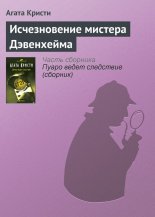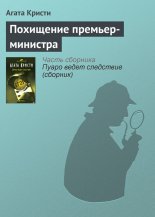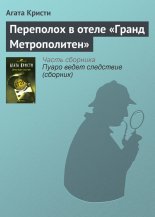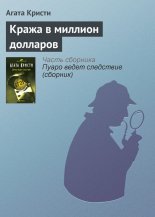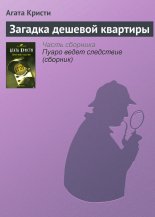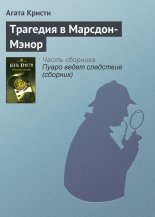Убийства по алфавиту Кристи Агата
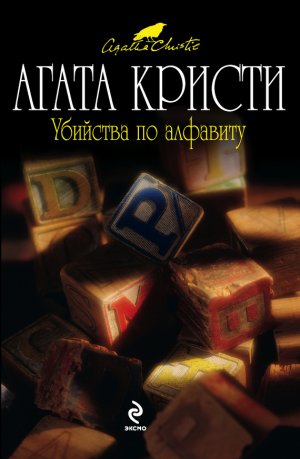
Читать бесплатно другие книги:
«Пуаро и я поджидали к чаю нашего доброго приятеля инспектора Джеппа из Скотленд-Ярда. Но он что-то ...
«Теперь, когда война и все трудности и лишения, неизбежно с ней связанные, отошли в далекое прошлое,...
«– Пуаро, – как-то раз объявил я, – думается, перемена обстановки пошла бы вам на пользу....
«– Бог ты мой, кражи облигаций в наше время стали прямо-таки стихийным бедствием! – заявил я как-то ...
«До сих пор все загадочные случаи, которые расследовал Пуаро и в которых вместе с моим другом участв...
«Мне пришлось уехать на несколько дней из города. А когда я вернулся, то, к своему удивлению, обнару...
